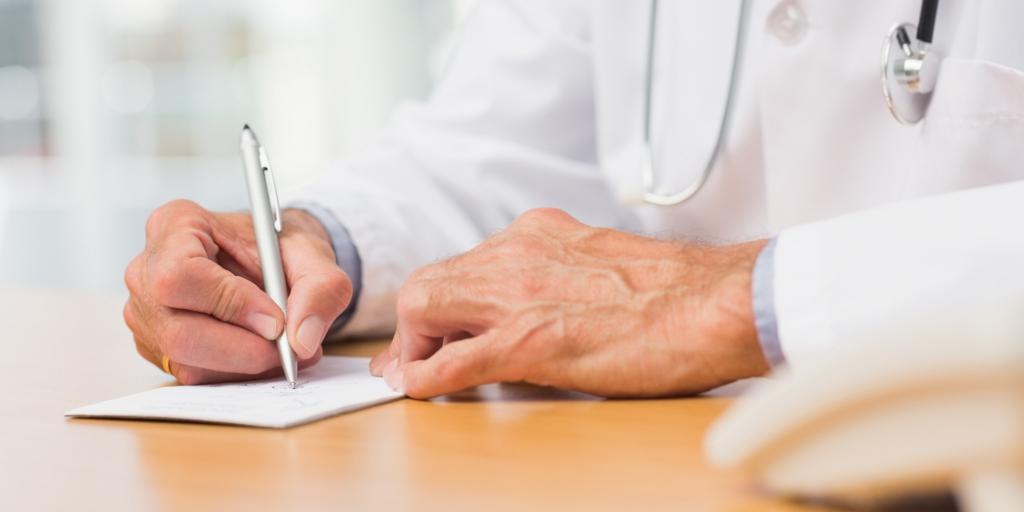Not all parents know that in our country there is a program for providing children under 3 years old with free medicines. Of course, in this way you can get only a limited number of drugs, and yet participation in the project helps to save significantly, especially if the child is often sick or suffers from severe chronic pathology.
Insurance
The law provides free medicines for children under 3 years of age through the compulsory insurance program. Any disease of a child is always a problem for the family budget, therefore, the Ministry of Health issued a law to regulate this area. To take advantage, you need to know who and in what conditions, how and when can count on help from the state. There is a list of funds that can be obtained for free. Drugs that are not included in it, even if the child is very sick, no one will just give.
The Ministry of Health announced that children under 3 years old can receive free medications through a government decree issued in the 94th year. The document was published at number 890 and is dedicated to state support and the development of the medical industry, as well as providing people with various drugs and medical devices. The resolution mentions that mainly free funds can be received not only by children under three years of age, but also by children under six years of age if they live in a large family. In some cases, you can count on free drugs until adulthood - such cases are specified by law separately.
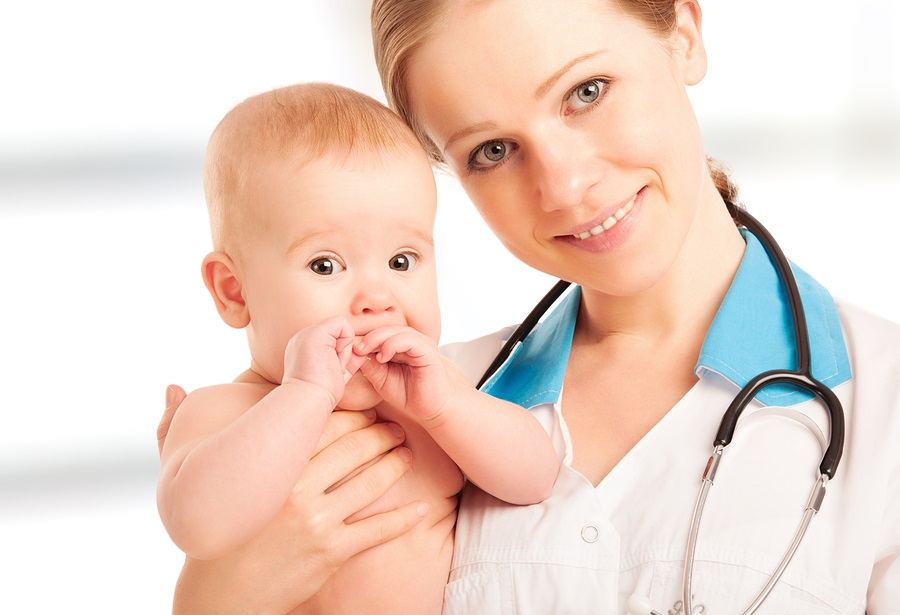
Question Features
In each region, the list of free medicines for children under 3 years old differs from those entered into force in other parts of the state. In the period from 2014 to 2017, such lists were significantly cut in many areas due to financial problems at the regional level.
The Ministry of Health mentioned the right of the region to create its own register in the order issued in 2006, issued under the number 665. The document is dedicated to what the regional budgets for drug provision should be.
How to exercise the right?
If a child falls into the preferential category, parents must come to the local state clinic to which the patient is attached, along with him. The doctor will examine the patient, prescribe a prescription for the drug. If the baby is shown the medicine prescribed for children under 3 years of age for free, you must ask the doctor to fill out the prescription on a special form that records the fact of free leave from the pharmacy. The prescription is drawn up in triplicate, of which one is left on the patient’s personal card, two are given to a pharmaceutical company. A prescription is considered valid if it has a personal seal of the doctor who prescribed the medicine and the institution where the patient was admitted.
After receiving the prescription, parents need to go to a social pharmacy where the pharmacist can dispense the drugs. True, this is not always possible: a medicine may be absent. An employee of the institution will offer customers to order a tool and expect its receipt. In this case, receiving free medicines for children under 3 years stretches for a period of days to an unpredictable number of weeks.

Features and Security
If in a social pharmacy it was not possible to get the necessary remedy, while the disease develops rapidly, the medicine is urgently needed, you can go to any other point to buy the drug for your own funds.To reimburse the amount spent, you can subsequently contact the insurance company with which a compulsory insurance contract has been concluded. This is feasible if receipts and receipts are saved.
The laws currently in force in our country do not imply the possibility of refusing to issue a drug under such a program. If a controversial or conflict situation arises, you must contact the clinic where they issued the prescription, file a complaint in the name of the head of the institution. You can ask for help from prosecutors or go to the local department of the Ministry of Health. Almost always, the situation is decided in favor of the needy.
Everything is official
Although the doctor, if he is asked whether the medicines are free for children under 3 years old, will say that some funds can indeed be obtained free of charge, they immediately specify that this is only available if the parents are responsible for the formalization of the process. The necessary documentation is mentioned in the 94th government decree mentioned above. It follows from this that doctors working in municipal medical institutions do not have the right to prescribe drugs that are given out for free under the usual treatment of a parent.
In order to receive funds free of charge and out of turn for your sick child, you must first contact the clinic to which the child is attached and fit into a special journal where all persons eligible for benefits are recorded. You must have the originals and copies of your birth certificate, social insurance certificate, medical certificate and document confirming registration at your place of residence with you. The clinic employee checks the documentation, fixes the name of the person in need of a journal. After that, the doctor gets the right to prescribe drugs to the patient according to a preferential program.
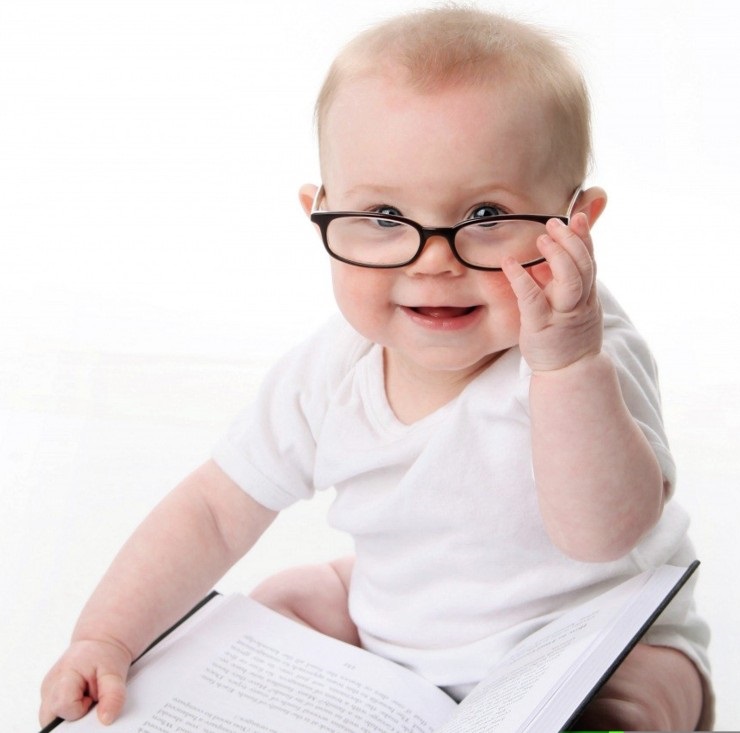
When a lot of kids
Although in the general case free medicines are provided for children under 3 years old, if there are three or more children in the family, then the same rules apply to the age period up to six years inclusive. Any child from a large family has the right to receive free medication until the age of six if parents follow the procedures and rules. The laws determine the primary priority for receiving drugs from children from large families.
To gain access to the program, parents must bring documentation to the clinic in accordance with the list above. In addition, official papers are attached, from which the fact of large families is visible. Other inquiries are not needed. In particular, it is not necessary to report the amount of household income.
Until adulthood
Sometimes a sick child can receive free medications prescribed for children under 3 years old as they grow older, regardless of how many children in the family were born. Patients with certain diseases have the right to receive them, as a rule, chronic and quite severe. So, drug provision is given to asthmatics, diabetics, people who have identified diseases of the visual system, skin. The reason for prescribing medication support until adulthood will be immunodeficiency conditions, rheumatoid diseases, tuberculosis, blood diseases and malignant formations, cerebral palsy, mental disorders, and multiple sclerosis. People suffering from metabolic diseases and Parkinson's syndrome are eligible to receive free drugs.
Free medications are given to children under 3 years of age and older, if the child needs medications due to heart surgery, organ transplantation, and tissue transplantation.
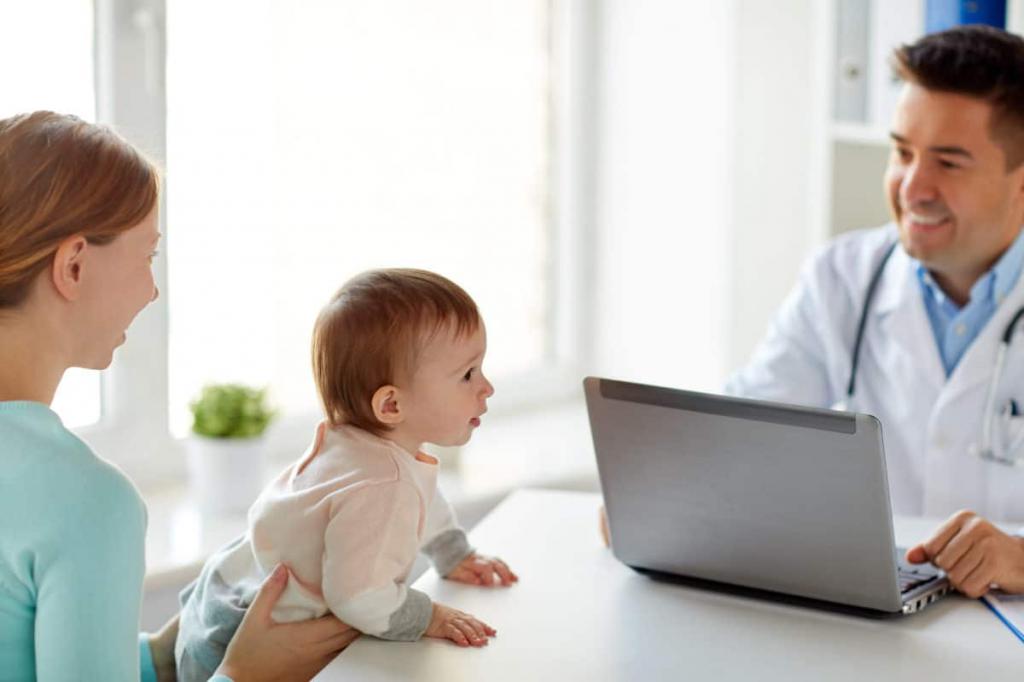
Features and Tools
In total, the list of drugs that are given free to those in need of the category of beneficiaries is about five hundred items. From region to region, the list varies somewhat.You can get tablets, solutions for infections, powders and suspensions, as well as dressings and some specialized products.
On the website of the Ministry of Health, a general list that fixes which medicines for children under 3 years of age are given free of charge is regularly updated, so you need to look at the most current version in the original source.
Types and Tools
In the list of free medicines for children under 3 years old you can find antiviral drugs and analgesics, drugs that are effective against seizures and are used in the treatment of central nervous system diseases. There are antipyretics, anti-infective compounds, probiotics and allergy medications. The list includes drugs that are effective in anemia, as well as drip solutions used in the treatment of eye and nose diseases.
Most often, the doctor chooses an antiviral or antibiotic, an allergy medication. Amoxicillin, Suprastin, Anaferon are included in the general list of these classes. Often, the doctor prescribes "Iron hydroxide" or "Bifidumbacterin." When applying for the prescribed prescription, these medicines can be obtained at the pharmacy for free.
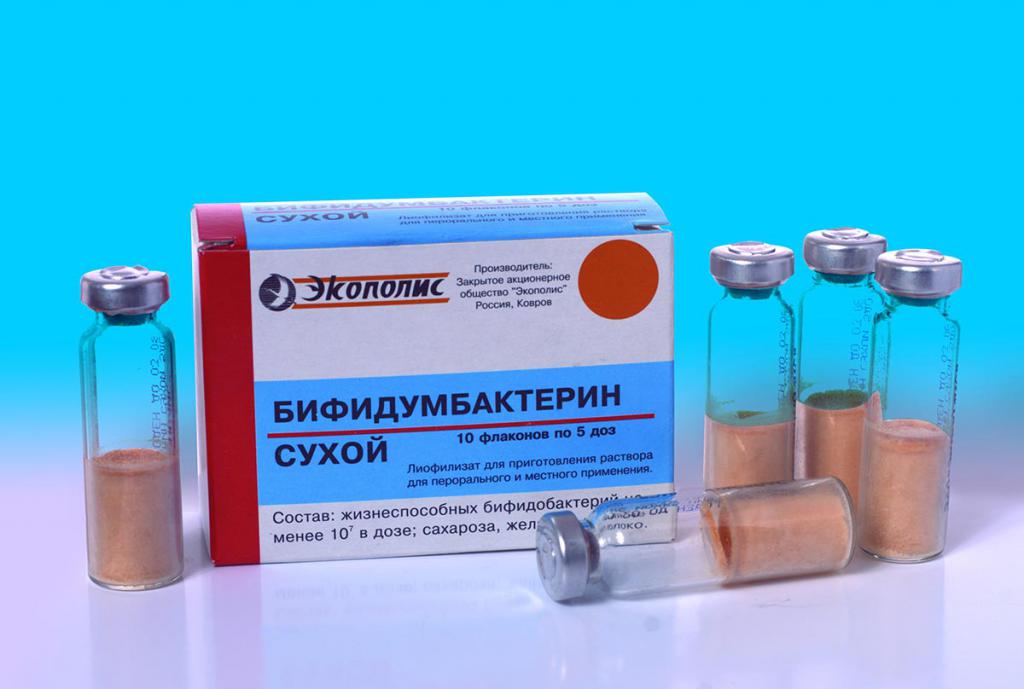
About everything in the know
The pediatrician must inform the parents about the possibility of receiving free medicines for children under 3 years of age, as soon as a child has appeared in the family - this is the responsibility of the doctor responsible for the site. It is also the pediatrician who is responsible for providing parents with information about the rules for joining the preferential program, the features of obtaining drugs. The law stipulates the doctor’s lack of the right to refuse to issue a prescription if the patient belongs to the privileged class and this fact is officially documented.
If you pay attention to existing laws, they will not be able to find restrictions on the price of the product, the number of products sold. There is no time frame for issuing drugs under the preferential program. For example, if a child catches a cold twice in one month, both times parents can get drugs for free if the doctor draws up a special prescription. However, it will not be possible to get absolutely any medicine for your first-aid kit. The doctor’s task is to be responsible for the design of prescriptions, and in case of unjustified issuance of official paper, they can accuse him of exceeding his authority.
I want and can
In fact, in our country quite a lot of money is spent on maintaining medicine from year to year, while many people still do not know their capabilities. About a third of all budgetary spending on health care is finances, which are used to buy medicines provided to needy beneficiaries. Not so long ago, a survey was conducted in several regions, and according to its results it became clear that more than half of parents have no idea that they can get medicine for their children for free. About half of the entire audience admitted that they had never received a prescription for a free drug. In many respects, the problem is associated with the small regional budgets allocated for the purchase of medicines.
The list of free medicines formed in the region for children under 3 years old includes the most relevant and sought-after funds in a specific area. Find out what the list is in a particular case, you can, if you ask him at the clinic. The list is required to be published by the health department.
The most sought after
Most often, a prescription for free receipt is issued if the child needs B vitamins (first, sixth, 12th). Often in this way parents receive “Cyanocobalamin”, “Pyridoxine”. Quite often, doctors prescribe Co-trimoxazole, Amoxiclav in suspension form, which is available for children, and Azithromycin, which are available for free. Among the popular antiviral drugs available for free, it is worth mentioning Viferon in the form of suppositories, Interferon.
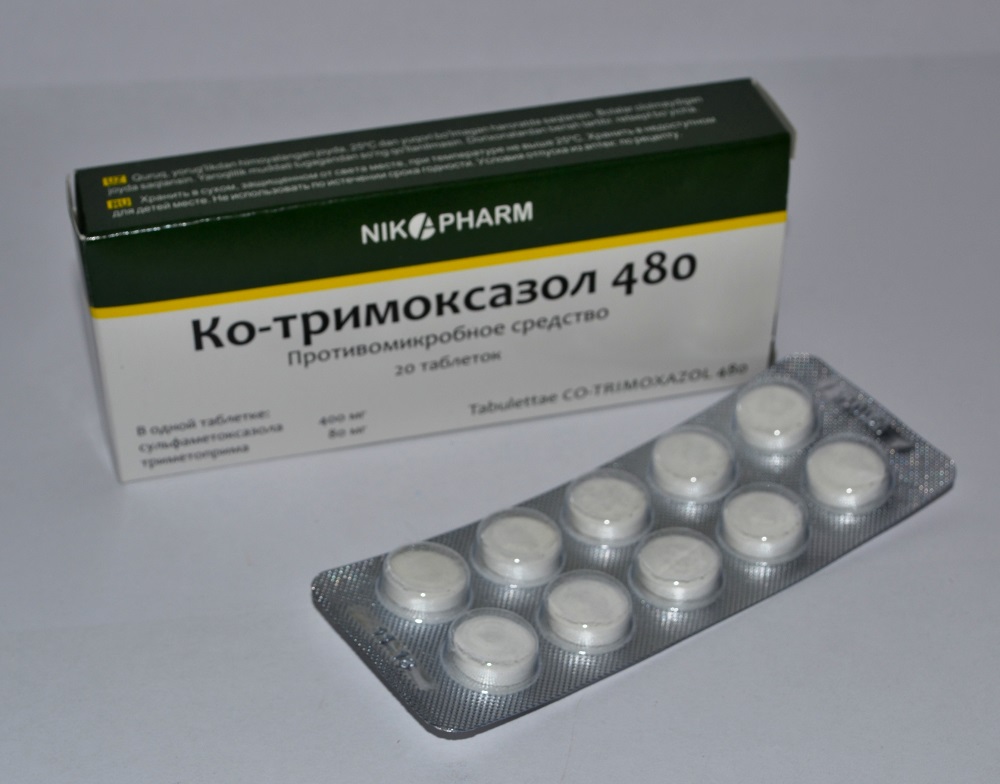
If a child suffers from allergies, the doctor can give a prescription for a free vacation "Claritin", "Loratadina."When identifying the need for enzymes for the pancreas to work can prescribe "Creon", "Pancreatin." Bifiform preparations for children, Linex and Hilak-forte are available for free vacation.
Names and conditions
The list of medications available for free is:
- Ambrogescal.
- "Nazol."
- Ambroxal
- "Nazivin."
The doctor may issue a prescription according to which parents will receive tetracycline or chloramphenicol for ophthalmic use at the pharmacy free of charge. They can draw up such a recipe for Actovegin. Pantogam, Cerebrolysin, Pantocalcin medicines are included in the program of free provision of drugs to children.
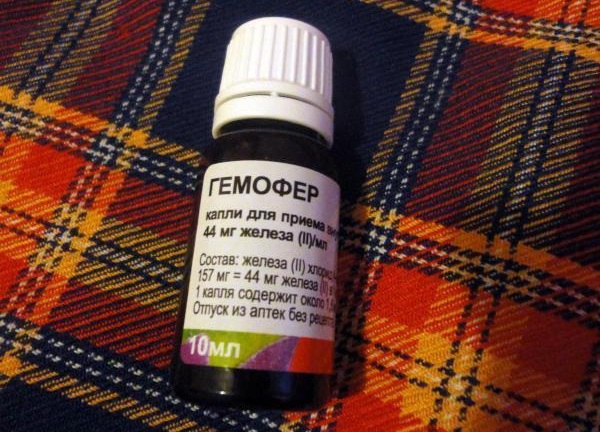
If anemia is detected, “Aktiferrin”, “Ferrum-lek”, “Gemofer” solutions available for free of charge can be prescribed.
Calm and Responsibility
When at the appointment the doctor diagnosed and determined exactly what funds are needed to cure the child, it makes sense to ask for a prescription, according to which parents can get prescribed for free. True, in practice it happens that the doctor refuses, saying that he was not provided with forms for processing documentation. Parents should contact the facility. If they refuse here, you can call the local authorities responsible for health through a hot line.
